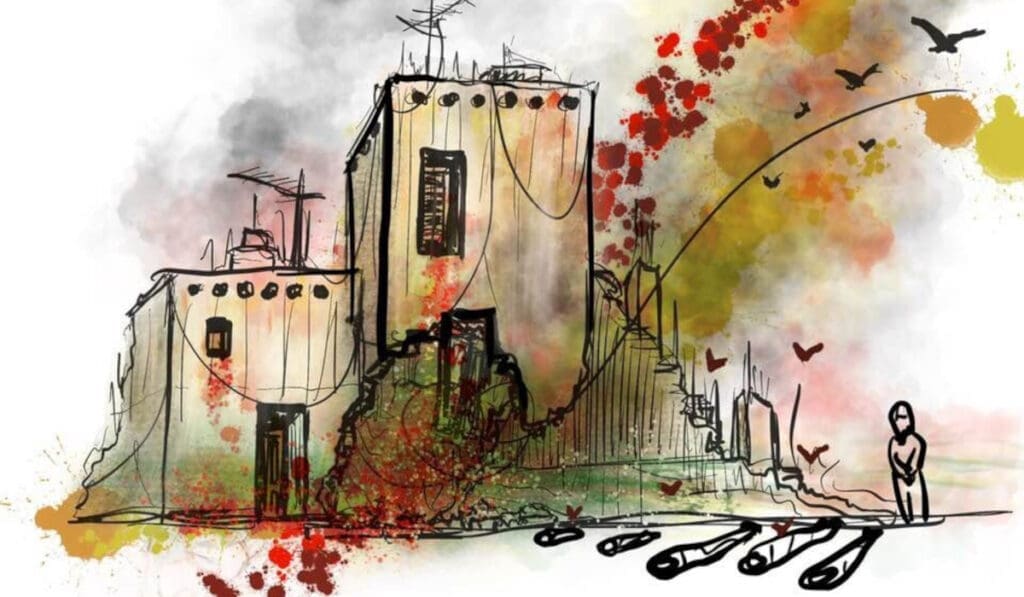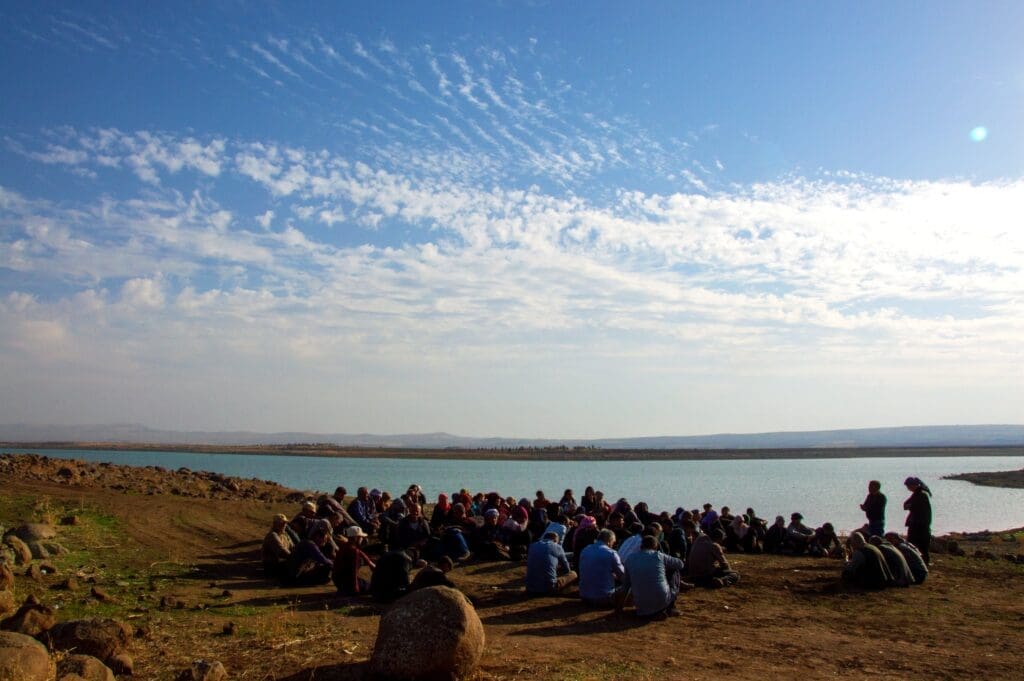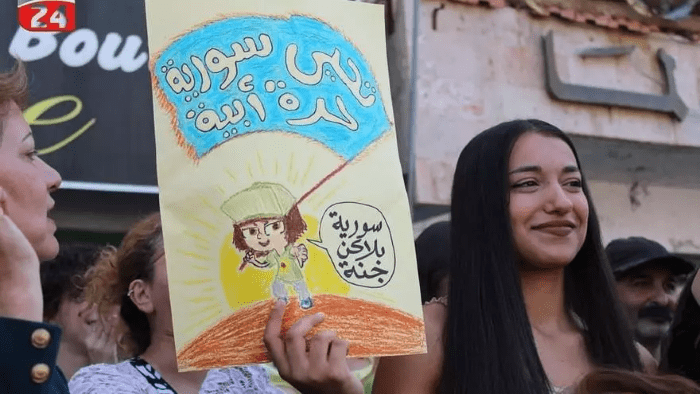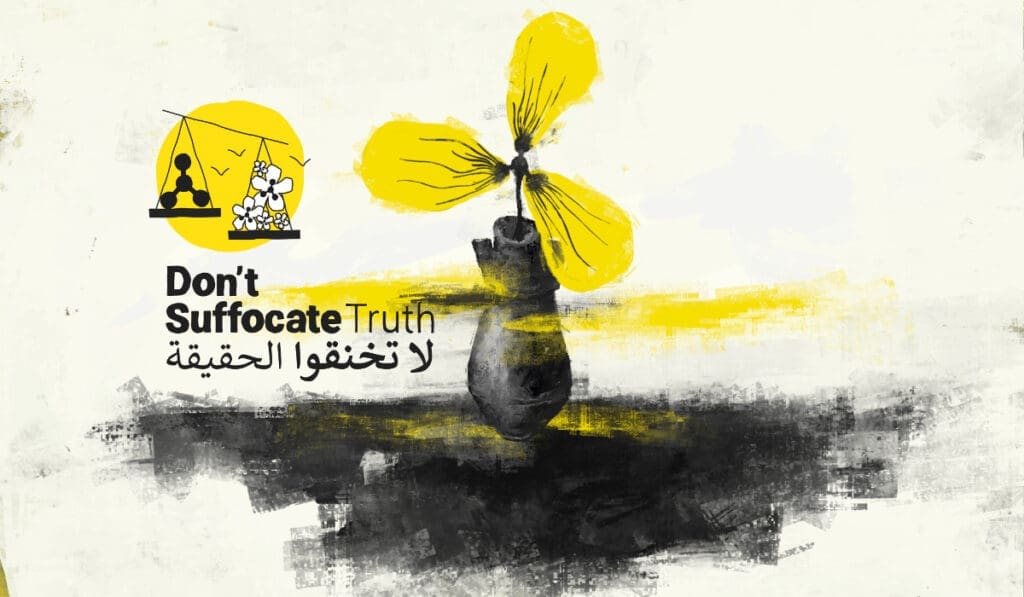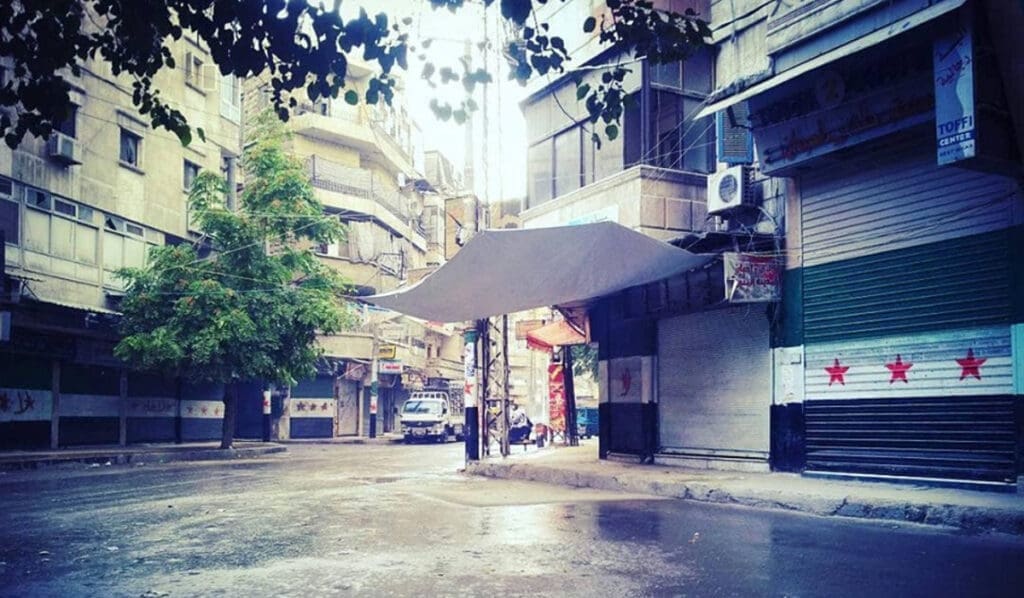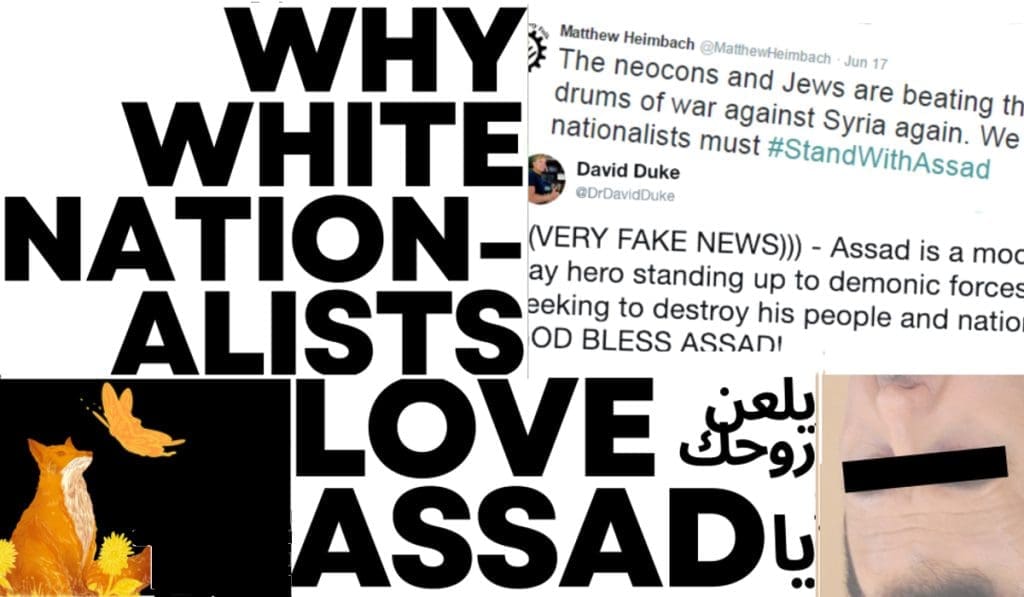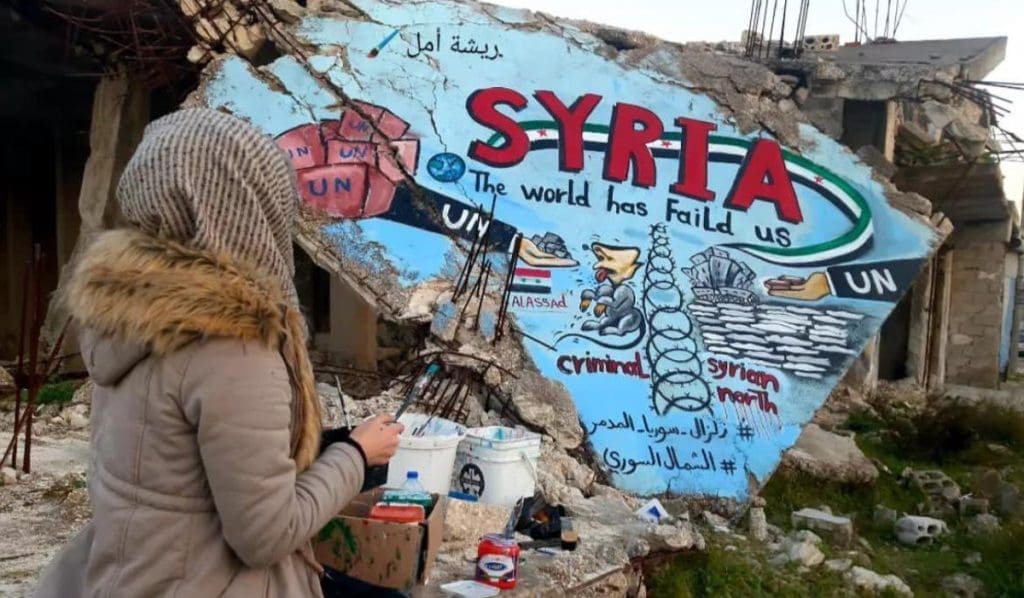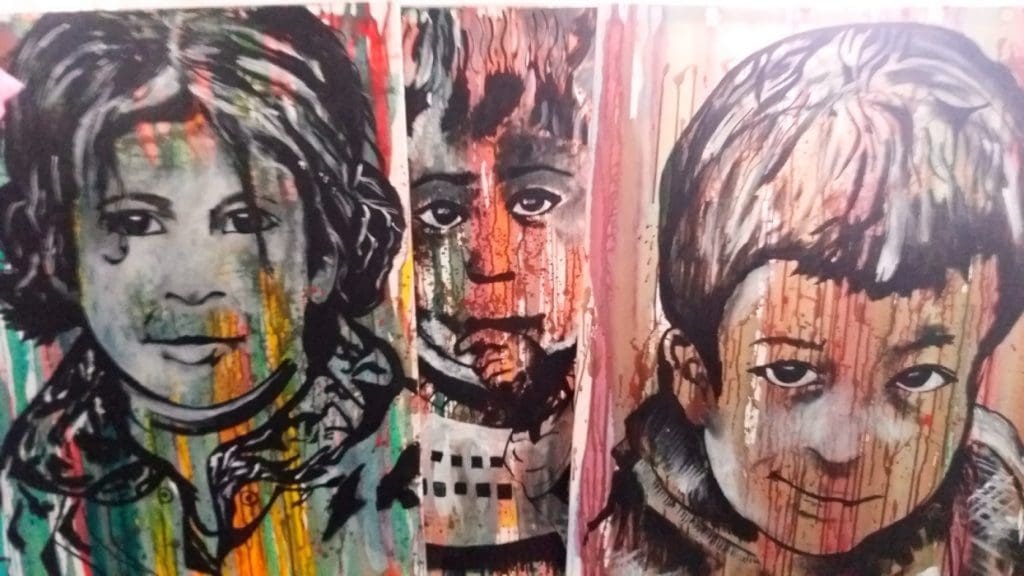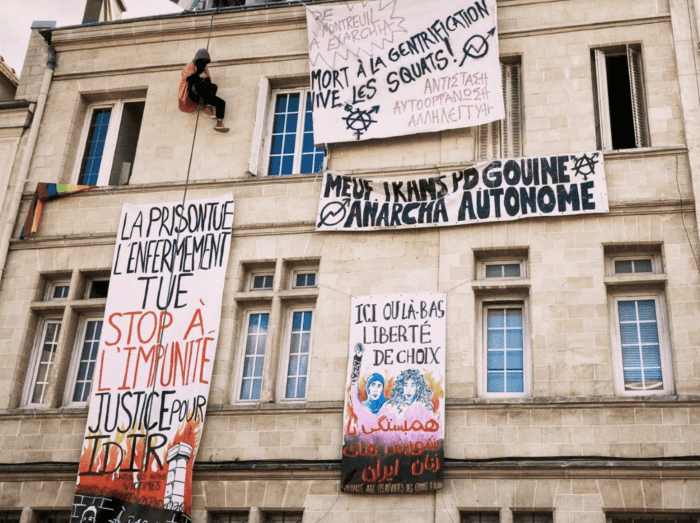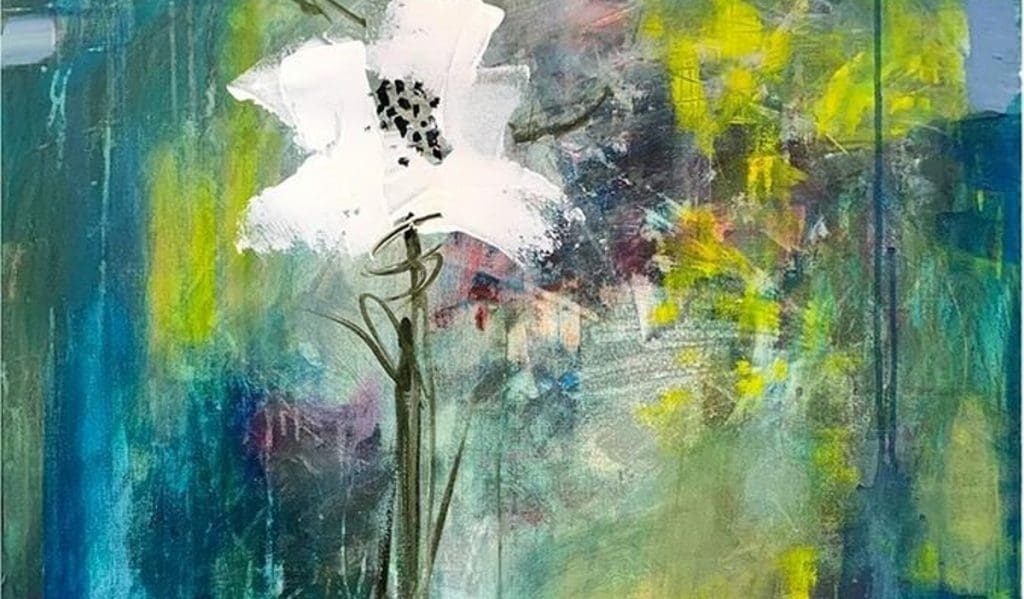On Chemical Attacks and Genocide Denial
If people would accept not knowing much and were willing to learn, we’d be in a much better place. Unfortunately that didn’t happen, so here we are fighting chemical weapons denialism, which is probably the worst place we could be.
On Chemical Attacks and Genocide Denial Read More »

